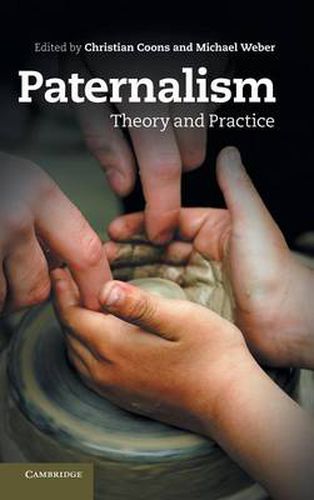Readings Newsletter
Become a Readings Member to make your shopping experience even easier.
Sign in or sign up for free!
You’re not far away from qualifying for FREE standard shipping within Australia
You’ve qualified for FREE standard shipping within Australia
The cart is loading…






Is it allowable for your government, or anyone else, to influence or coerce you ‘for your own sake’? This is a question about paternalism, or interference with a person’s liberty or autonomy with the intention of promoting their good or averting harm, which has created considerable controversy at least since John Stuart Mill’s On Liberty. Mill famously decried paternalism of any kind, whether carried out by private individuals or the state. In this volume of new essays, leading moral, political and legal philosophers address how to define paternalism, its justification, and the implications for public policy, professional ethics and criminal law. So-called ‘libertarian’ or non-coercive paternalism receives considerable attention. The discussion addresses the nature of freedom and autonomy and the relation of individuals to law, policy and the state. The volume will interest a wide range of readers in political philosophy, public policy and the philosophy of law.
$9.00 standard shipping within Australia
FREE standard shipping within Australia for orders over $100.00
Express & International shipping calculated at checkout
Is it allowable for your government, or anyone else, to influence or coerce you ‘for your own sake’? This is a question about paternalism, or interference with a person’s liberty or autonomy with the intention of promoting their good or averting harm, which has created considerable controversy at least since John Stuart Mill’s On Liberty. Mill famously decried paternalism of any kind, whether carried out by private individuals or the state. In this volume of new essays, leading moral, political and legal philosophers address how to define paternalism, its justification, and the implications for public policy, professional ethics and criminal law. So-called ‘libertarian’ or non-coercive paternalism receives considerable attention. The discussion addresses the nature of freedom and autonomy and the relation of individuals to law, policy and the state. The volume will interest a wide range of readers in political philosophy, public policy and the philosophy of law.